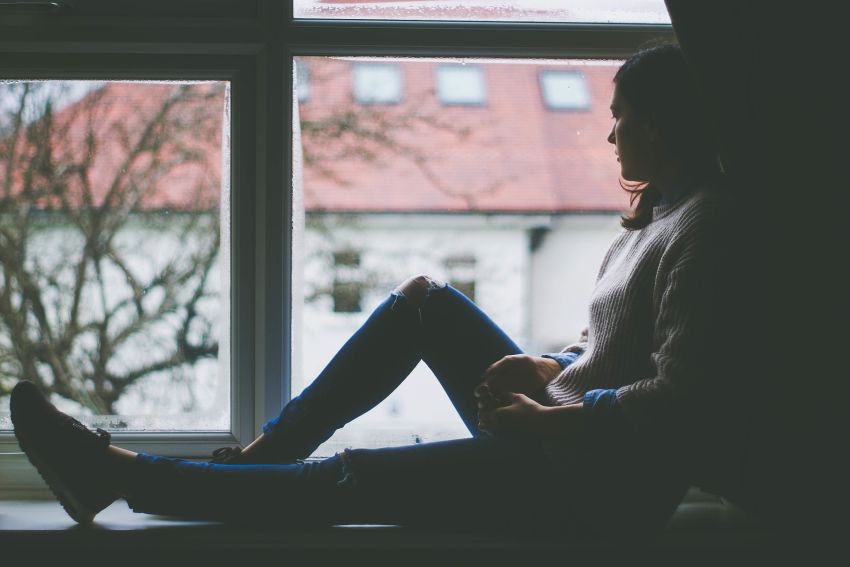
While the third wave of COVID-19 tears through the community, the Coalition government is busy removing supports for the most vulnerable.
It bet its federal budget and the country’s post-COVID-19 economic recovery on a successful vaccination program that is yet to happen. Four months into the program, less than 8% of adults have been vaccinated.
Nevertheless, Treasurer Josh Frydenberg wants to return to full austerity as quickly as possible, despite the pandemic being far from over and regardless of the poor state of the job market for workers and those looking for work.
Most of the economic recovery used to justify its “return to pre-COVID-19 normal” has been for the big end of town: it does little to address structural undermining, caused by the insecure work, or the fallout from its punitive mutual obligations policies.
The federal government has a plan, described as the "New Employment Services Model", which it says will "streamline" social security law and reduce the “administrative burden” on job seekers. But it takes away the coronavirus supplements, increases face-to-face meeting requirements and further entrenches the punitive work-for-the dole roll-out.
Yet again, the unemployed, under-employed and disabled will bear the brunt of austerity and its toxic dog whistling “dole bludger” rhetoric, masquerading as responsible economic policy.
The proposed changes raise Jobseeker by $25 a week (to about $44 a day) but remove the coronavirus supplements, leaving many worse off. The amount that can be earned before losing benefits has been raised slightly, but the mutual obligation requirements have too.
As the Minister for Employment, Workforce, Skills, Small and Family Business of Australia Stuart Roberts told Sky News: "The Prime Minister giveth, and the Prime Minister taketh away". Given his record, it is just as well “mutual obligation” does not apply to ministers.
Despite evidence to the contrary, the government insists its $25 rise to JobSeeper is fair.
In keeping with Scott Morrison’s Pentecostal-style ideology, that if you are unemployed, disabled or disadvantaged it is probably your own fault, the plan also provides potential employers with a dob-in line to report anyone who “refuses” to take a job that has been offered.
Green Left was unable to establish exactly what this means for job seekers who are forced to apply for remote, or unsustainable, jobs simply to meet the punitive mutual obligation requirements.
Social service organisations continue to call on the government to increase JobSeeker to at least the level of the poverty line and reinstate the COVID-19 supplements.
Australian Council of Social Services spokesperson Dr Cassandra Goldie said increasing the face-to-face requirements makes no sense during a pandemic and the plan will not help more people find employment.
“It’s hard enough to get by on JobSeeker at a brutal $44 a day,” Goldie said. “Harsh compliance only adds to the strain without making it more likely that people will find paid work.”
Goldie said the government is scapegoating job seekers. “Instead of scapegoating people who are unemployed with ‘job-dobber lines’ the federal government should lift its investment in paid work experience and training for people who are still left behind after the deepest recession in living memory.”
Social services and advocacy groups warn that job seekers rights will be weakened and some will lose hundreds of dollars in payments under the updated mutual obligation system.
The Australian Unemployed Workers Union said the government must “give certainty to the unemployed, underemployed, people in insecure work, the disabled and everyone else in the welfare system”.